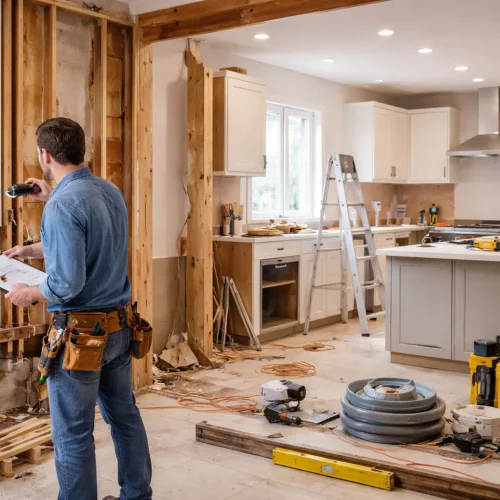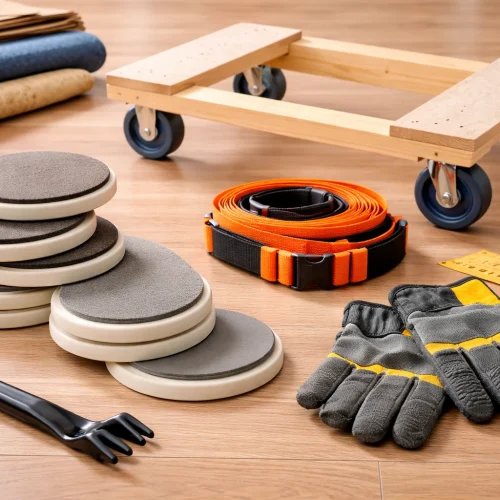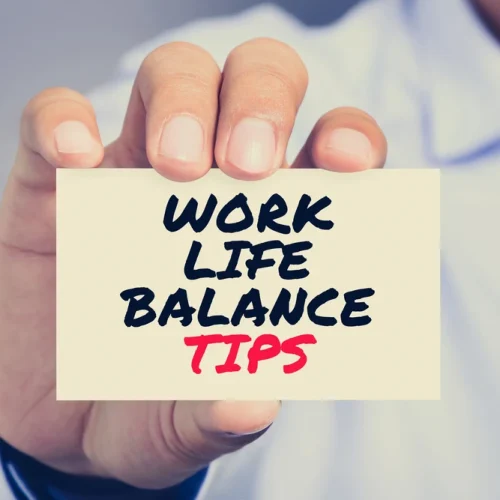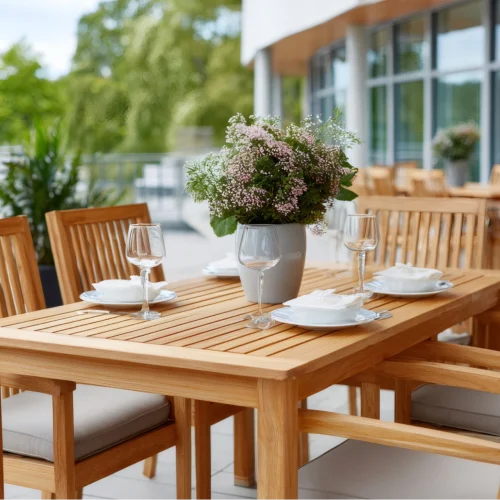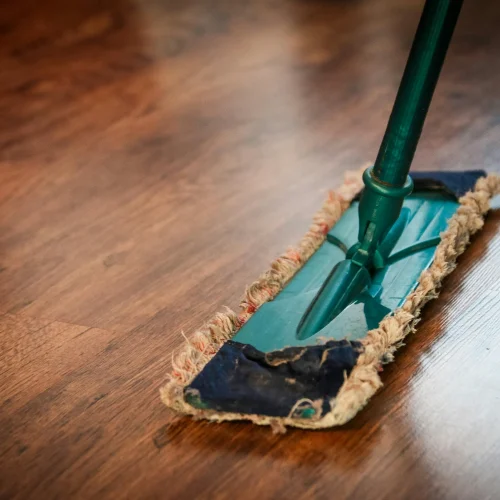
Life is full of firsts—our first home, our first heartbreak, our first big dream come true. But lately, I’ve been thinking about something we don’t talk about nearly enough: our final chapter. Not in a morbid way, but in a mindful, empowering one.
It might sound strange at first, but planning for the inevitable has brought me more peace and clarity than I ever expected. And no, I’m not dying anytime soon (that I know of!). But acknowledging that none of us are guaranteed tomorrow has helped me live today more fully—and I want to share that with you.
Getting Honest with Myself
I used to avoid the topic altogether. It felt too sad, too distant, and honestly… a little taboo. But one afternoon, while journaling about my future, the thought crept in: What legacy do I want to leave behind? That single question changed everything. It didn’t make me anxious—it made me intentional.
By facing the inevitable with open eyes, I’ve been able to strip away fear and replace it with clarity. I’ve started writing down little details—songs I’d love played at my farewell, a few words I’d hope someone might say, and even which charities I’d love to support in my name. These aren’t morbid tasks. They’re deeply personal reflections that celebrate the life I’ve lived and the people I love.
Planning as an Act of Love
Here’s the truth: one of the most loving things we can do for our families is to make things a little easier when the time comes. Grief is already so heavy. I don’t want my family scrambling to make choices or wonder what I would have wanted. I want them to focus on remembering, celebrating, and healing—not paperwork.
Writing things down now, while I’m calm and clear-headed, is my way of saying, “I’ve got you.” It’s my quiet gift to the people I care about most. That’s why I’ve started exploring funeral plans that align with my wishes and values—it’s one more way I can show up for my loved ones, even when I’m not physically here.
Empowerment in the Uncomfortable
Let’s be honest: talking about death isn’t exactly dinner table conversation. But shouldn’t it be? I mean, we plan for weddings, babies, vacations—even retirement. Why should this be any different?
When I finally opened up about it with a close friend, I was surprised at how freeing it felt. She ended up sharing her own thoughts, and it turned into one of the most meaningful conversations we’ve ever had. It reminded me that courage doesn’t always roar—sometimes, it just looks like talking about the things that matter, even when they’re hard.
There’s so much empowerment in reclaiming the narrative around our own lives—and yes, our deaths too.
How I Got Started
If this feels like a lot, I get it. It was for me, too. So I started simple: a cup of tea, a quiet moment, and a blank page. I wrote down a few thoughts—what kind of atmosphere I’d want at my service (music and laughter, please), who I’d like to speak, and how I hope to be remembered.
Later, I began exploring some tools and resources that help guide the process. There are planners, checklists, and even professionals who specialize in helping people sort through final chapter wishes. You don’t have to do it all at once. Just begin. One step at a time.
The Unexpected Joy in It All
Here’s the beautiful surprise: ever since I started this journey, I’ve been living with more intention. I say “I love you” more freely. I take more risks. I’m chasing old dreams that once felt out of reach. Knowing I’ve handled the heavy stuff frees up space in my heart and mind for the things that really matter.
This practice has become part of my personal growth, right alongside vision boards and morning affirmations. It’s made me more grateful, more present, and honestly—more alive.
Leaving a Legacy That Feels Like Me
I don’t have all the answers, and that’s okay. What I do have is a growing sense of peace and a clearer idea of the legacy I want to leave behind. Not just in formal documents, but in the way I show up now, every day—with kindness, presence, and purpose.
So if you’re on your own journey of growth and reflection, I encourage you to consider this too. Planning for your final chapter isn’t about being gloomy—it’s about being thoughtful. It’s not an end; it’s an act of love, a moment of courage, and a gift for both you and the people you care about.
Let’s normalize these conversations. Let’s celebrate life by embracing all of it—even the quiet, tender parts at the end.
Because when we prepare with love, we live with peace.
Planning ahead eases the emotional and logistical burden on loved ones during a difficult time. It allows them to grieve without the added stress of making complex decisions under pressure.
By taking control of final arrangements, individuals reflect on their values and legacy. This intentional act brings clarity, emotional freedom, and encourages living more fully in the present.
While it can be uncomfortable due to cultural norms, open conversations about death break down stigma and reduce anxiety. They promote emotional health and help normalize a natural part of life.
Begin with your core values—think about how you’d like to be remembered, the tone of your farewell, or charities to support. Even jotting down ideas in a notebook can be a meaningful first step.
Knowing your affairs are in order creates peace of mind and can inspire you to take more risks, cherish relationships, and prioritize joy. It brings a renewed sense of purpose to everyday life.
Absolutely. Facing the reality of mortality fosters emotional growth, deep reflection, and intentional living. It aligns with a holistic view of self-improvement and legacy-building.
No, this is a journey—not a race. Start small and build over time; even one thoughtful decision brings you closer to peace of mind and intentional living.


